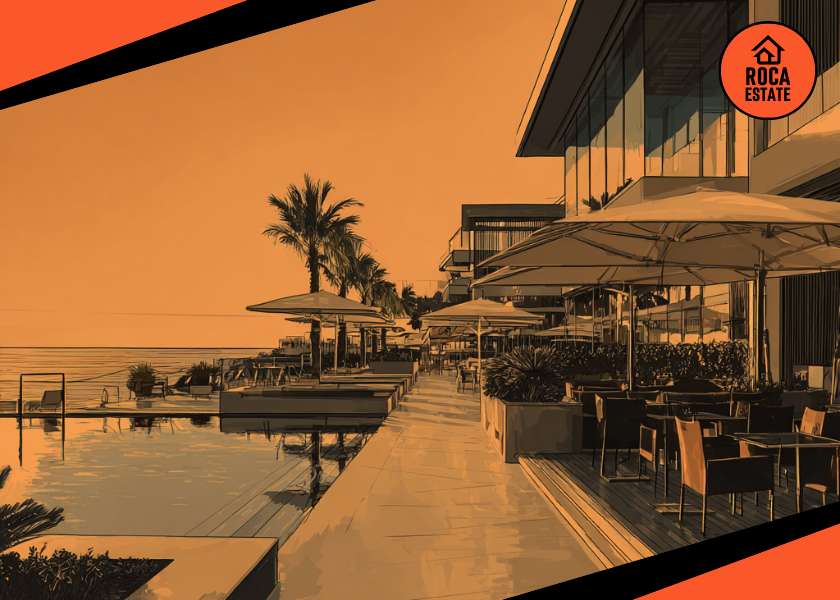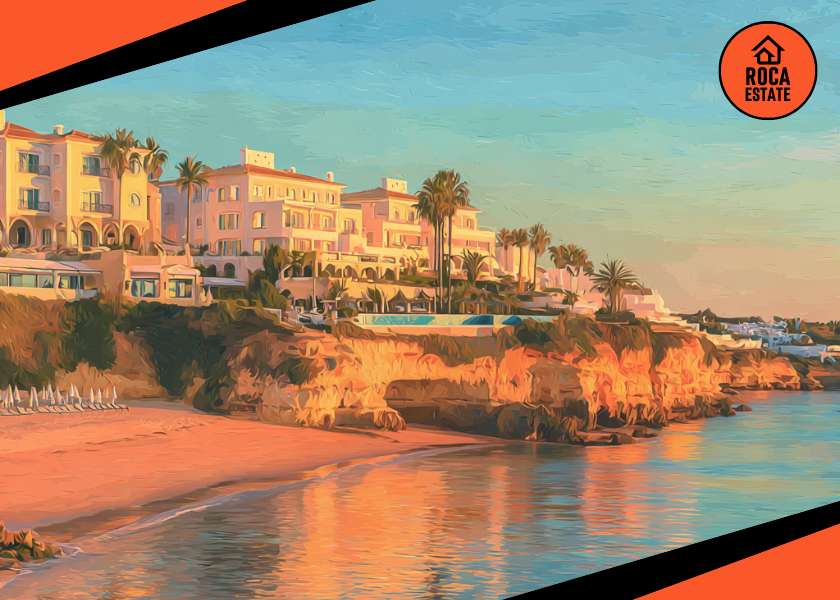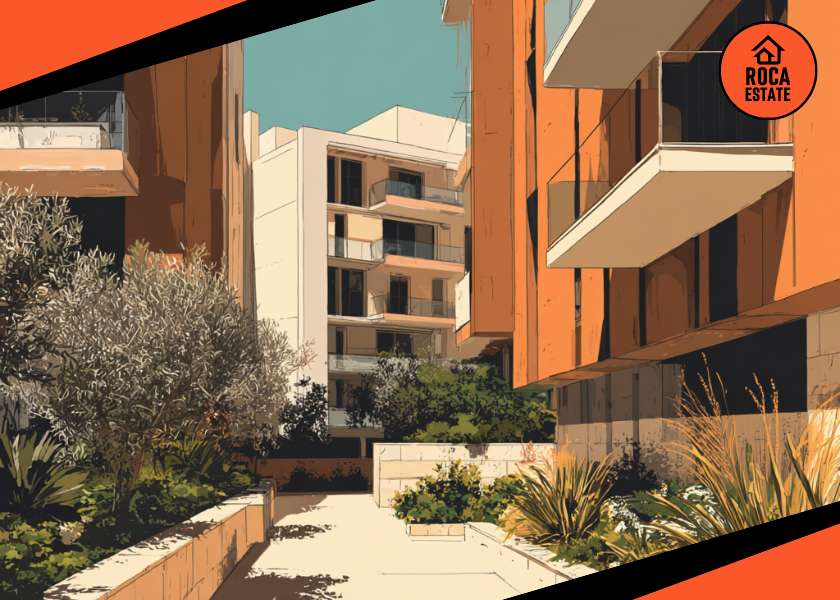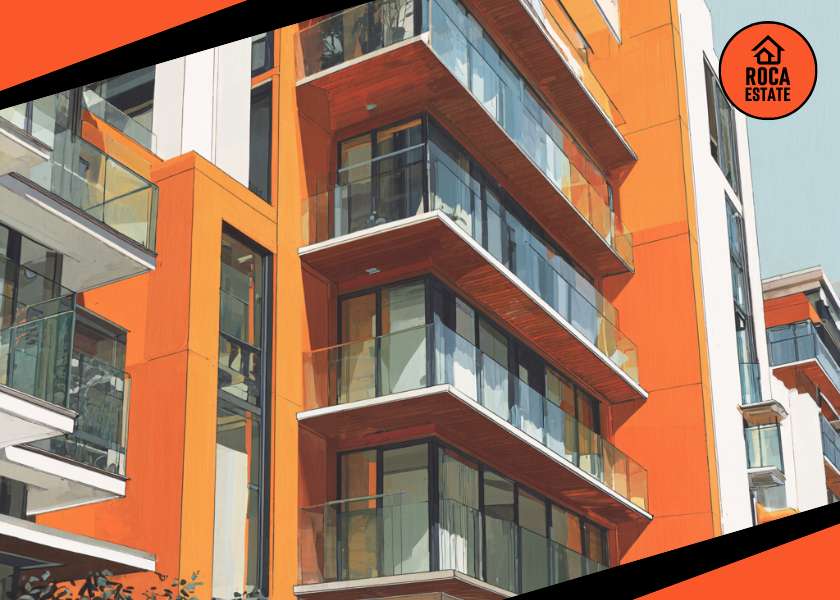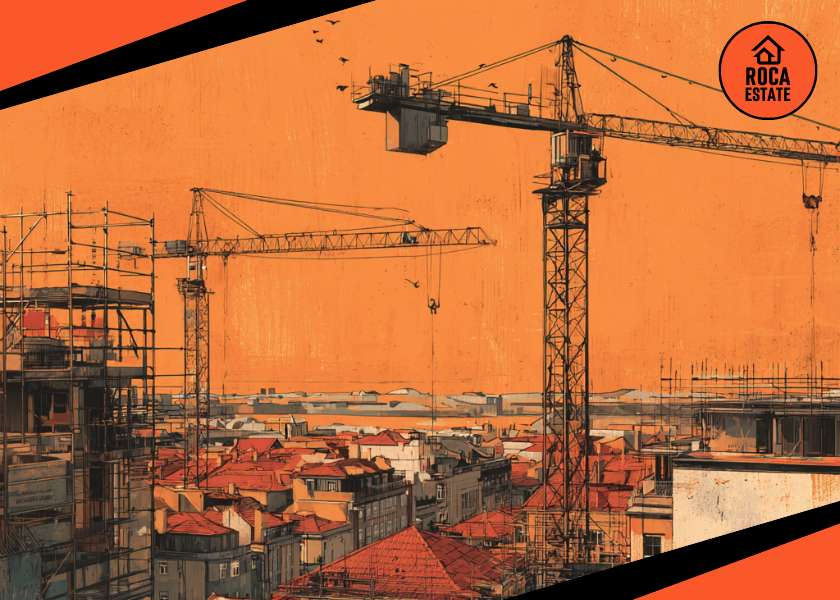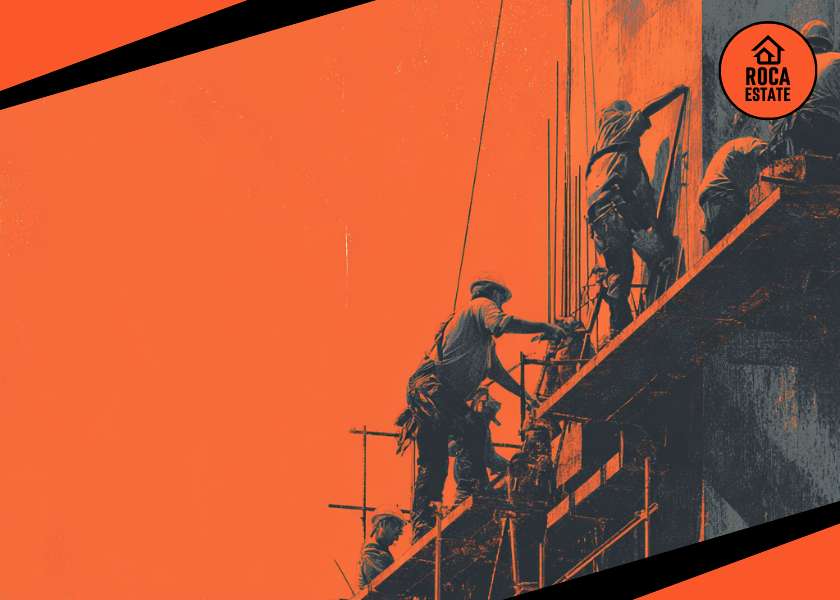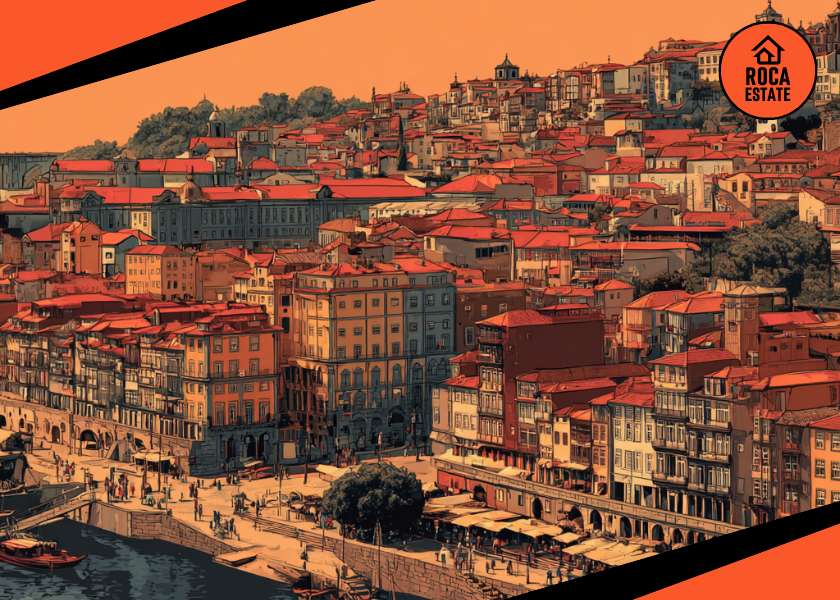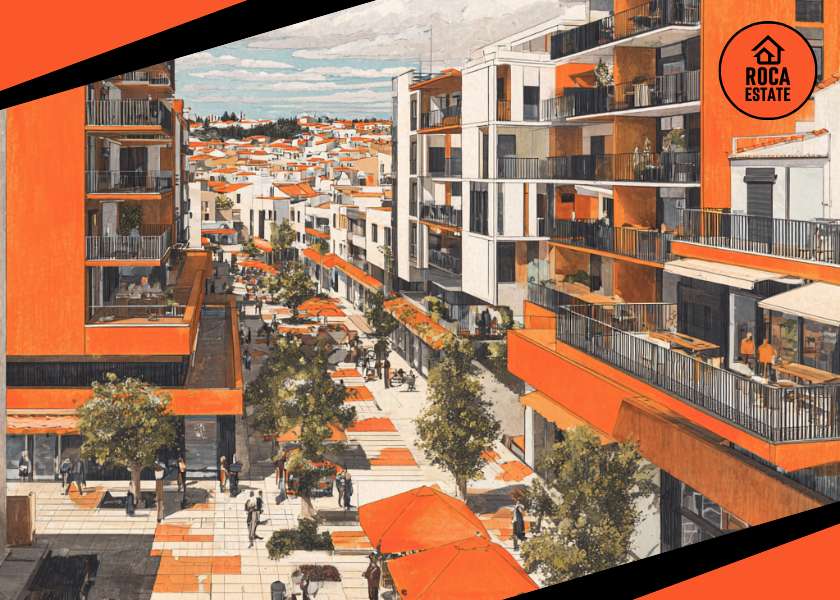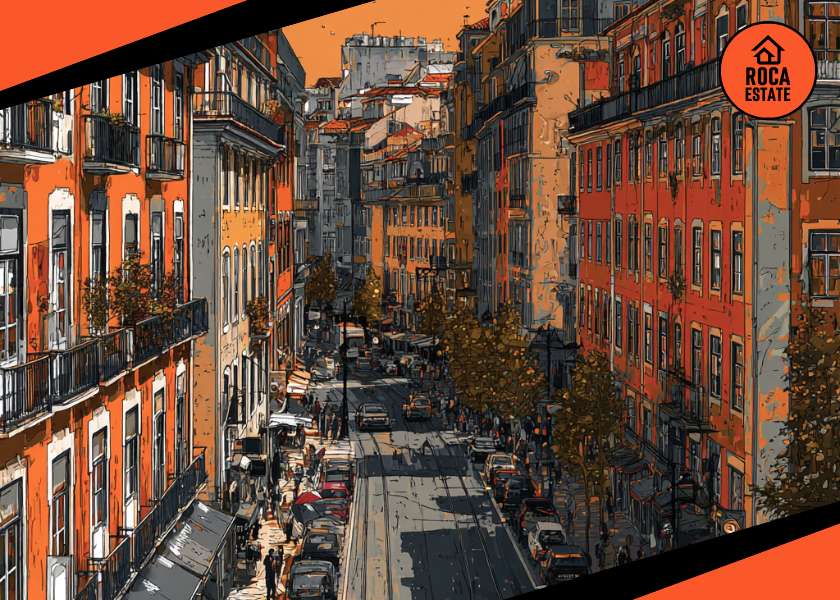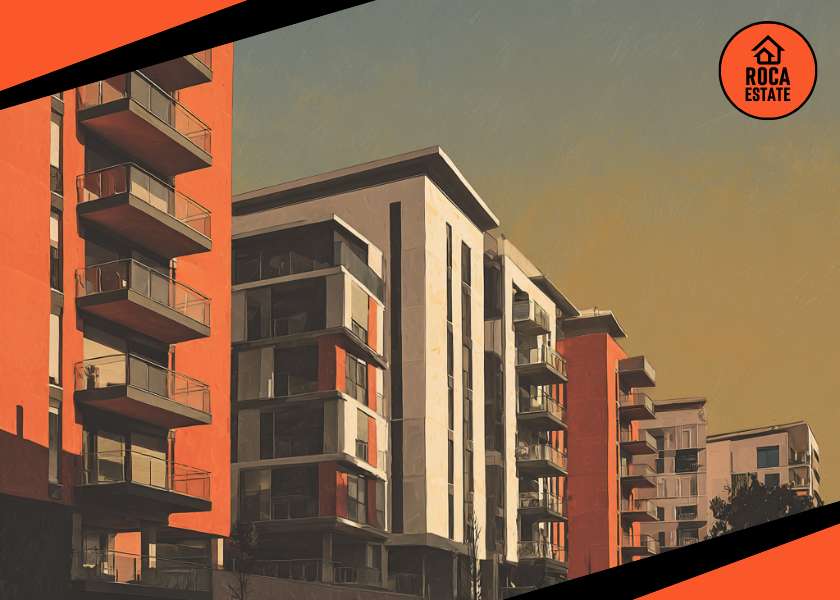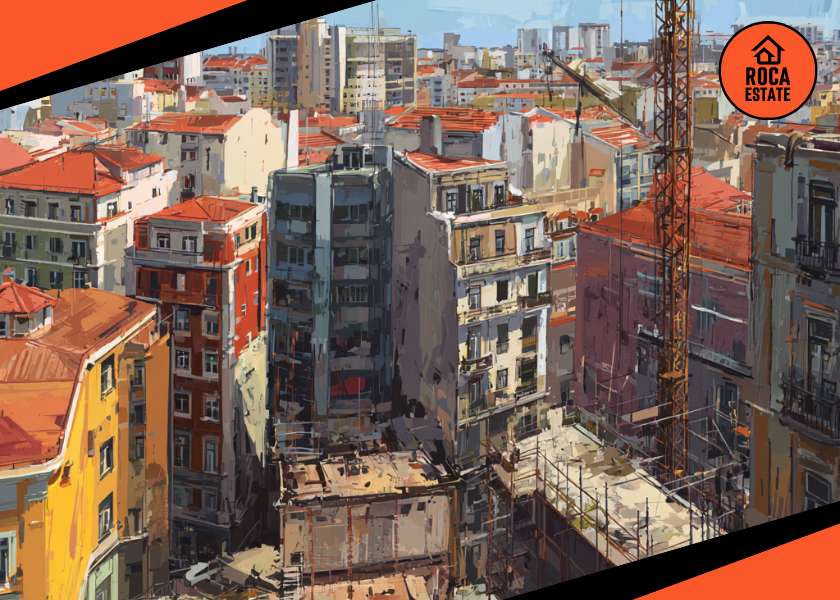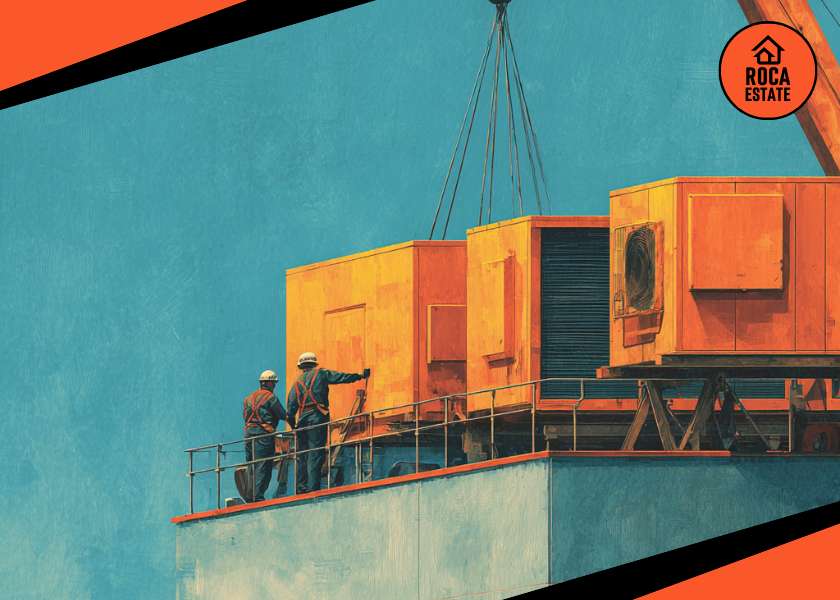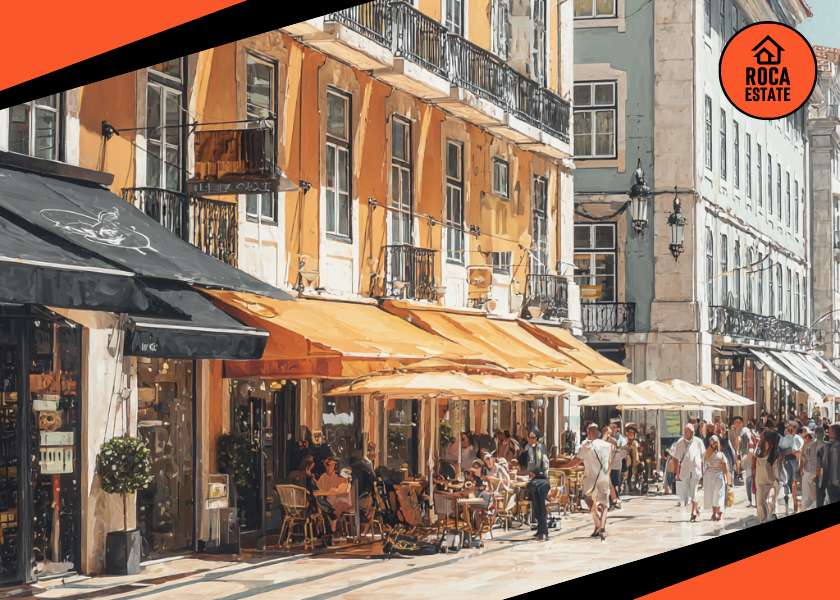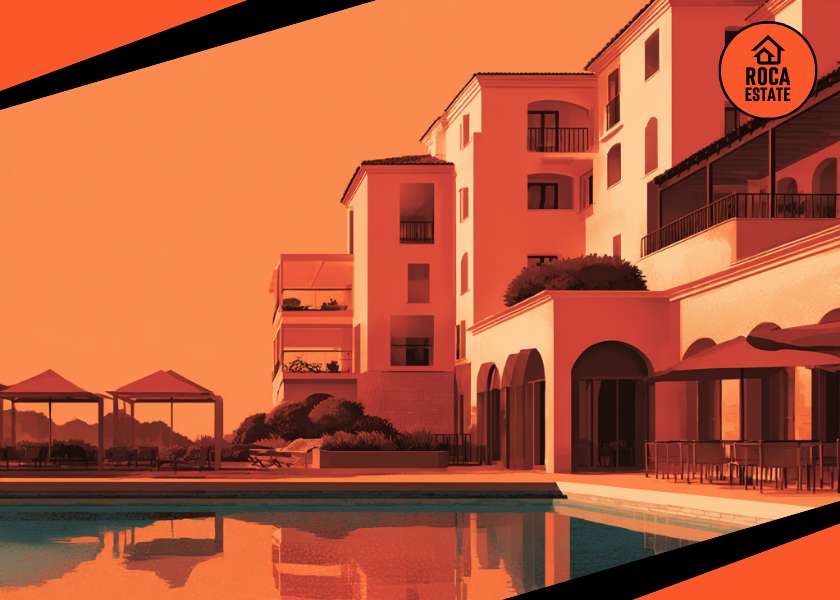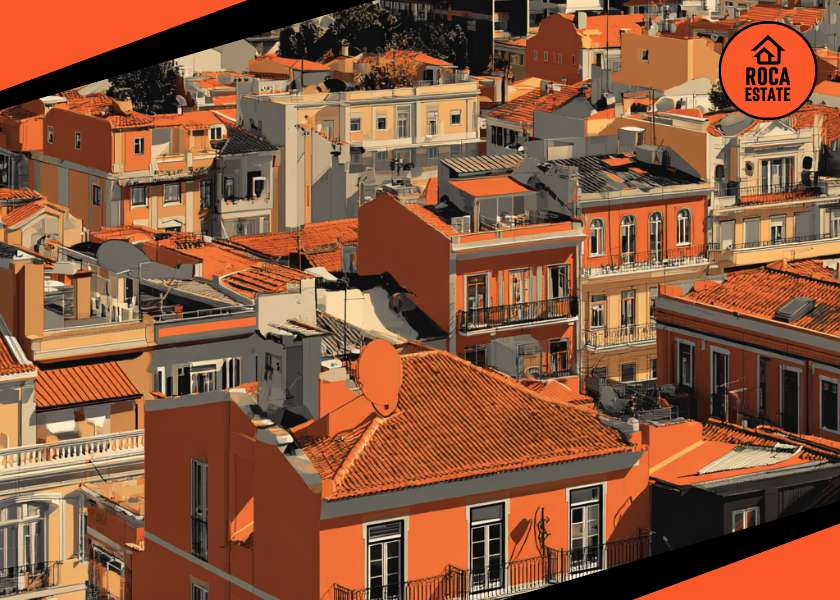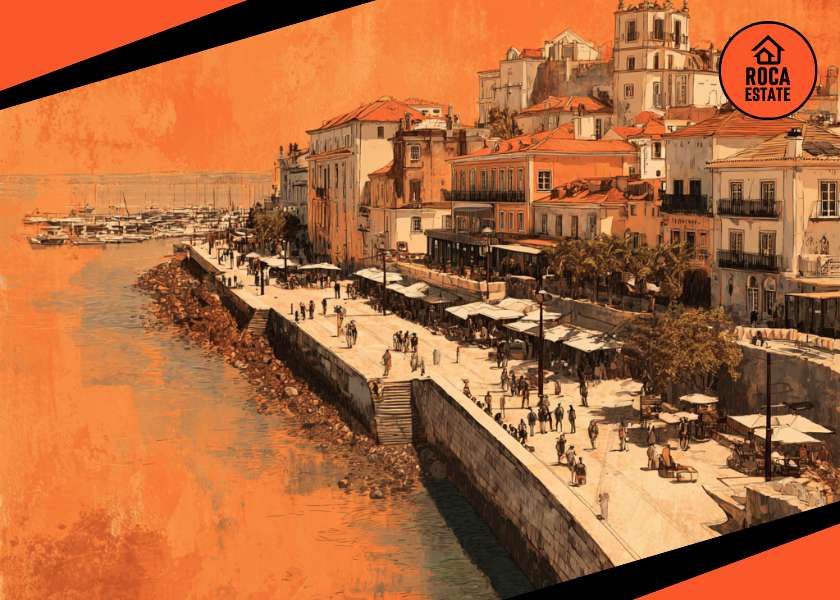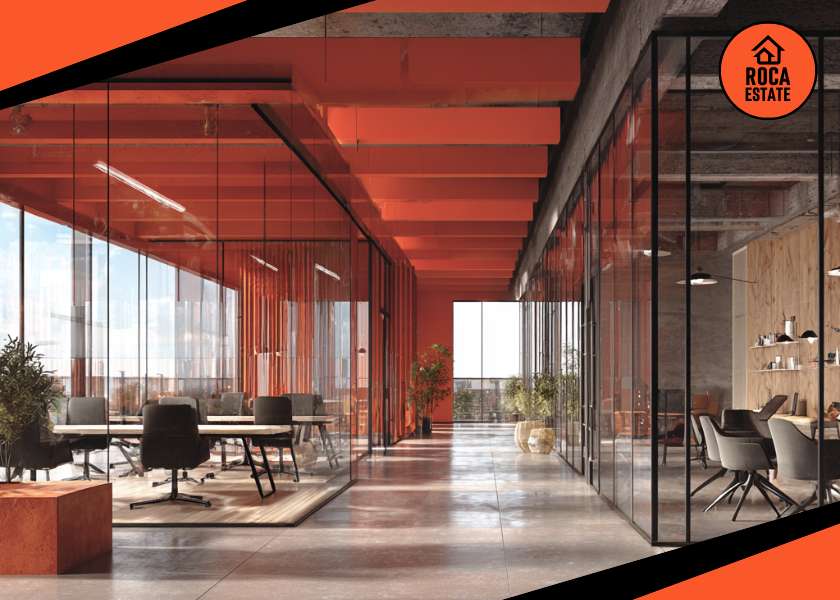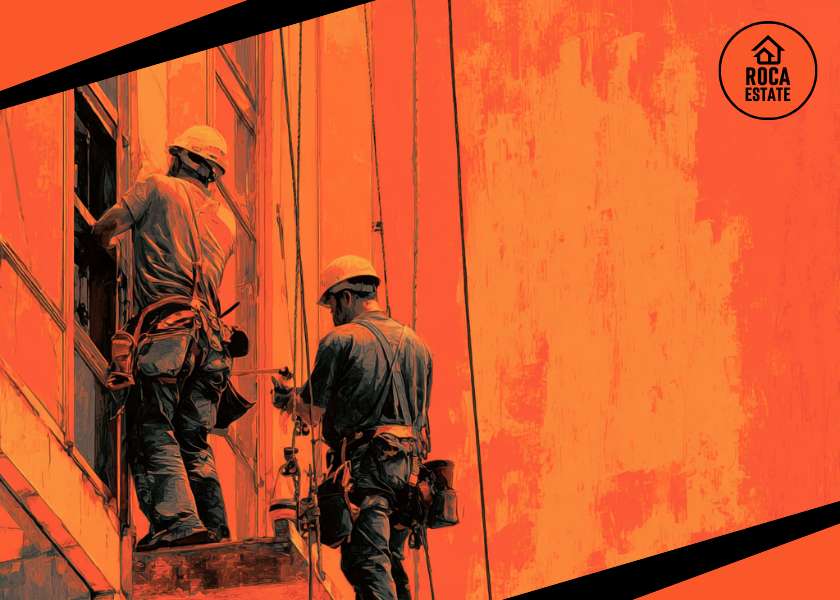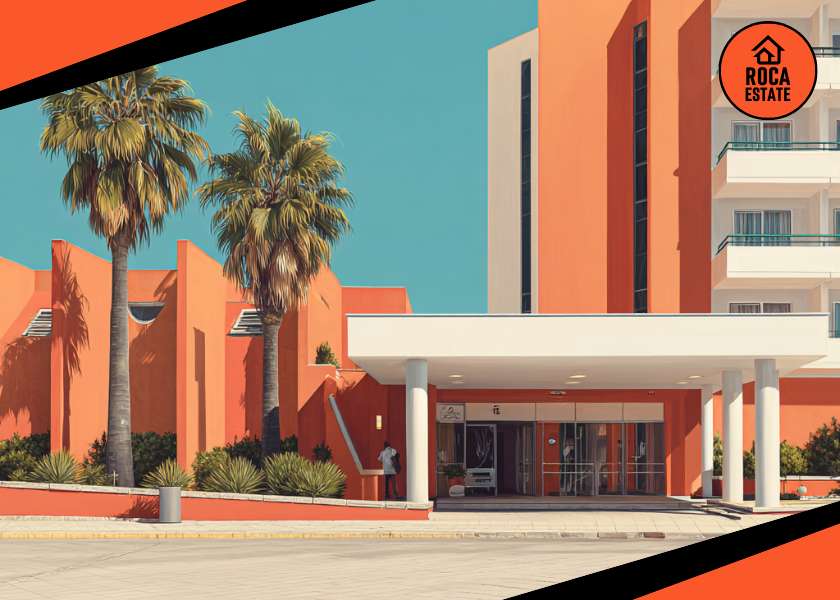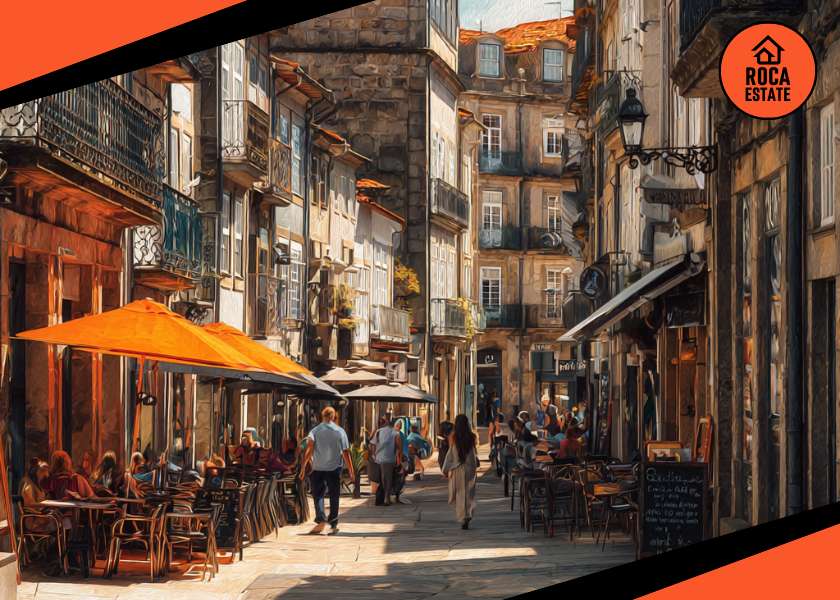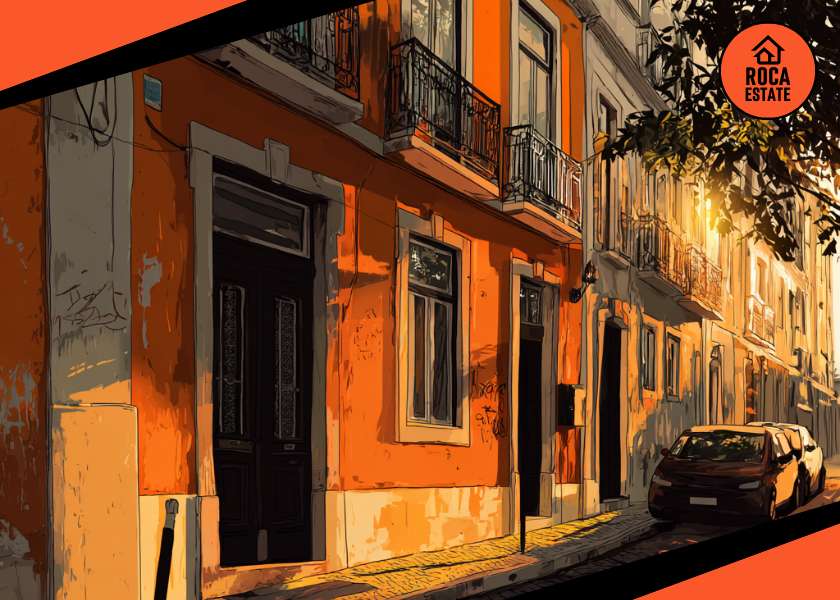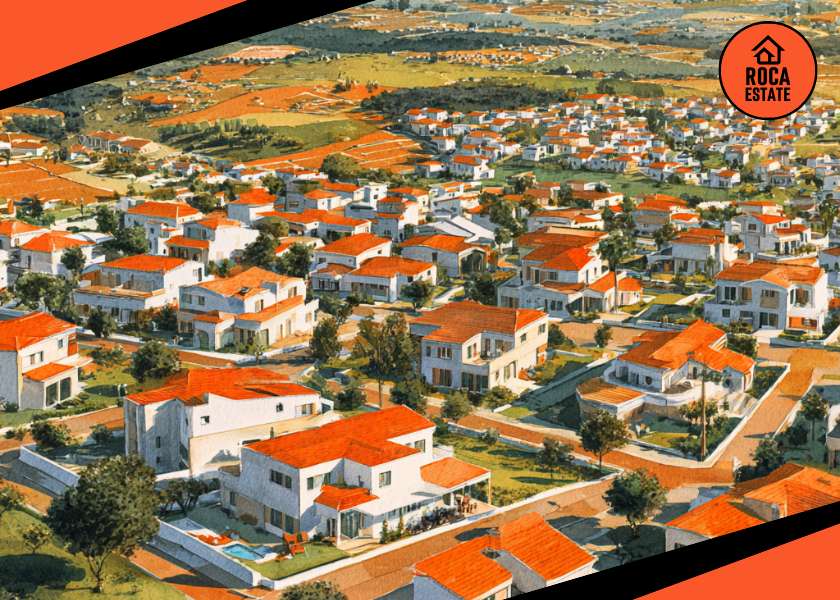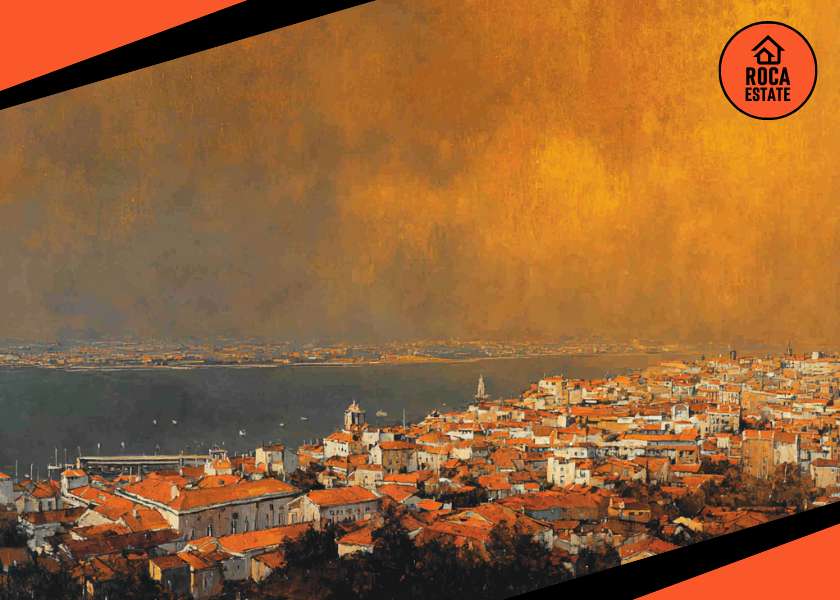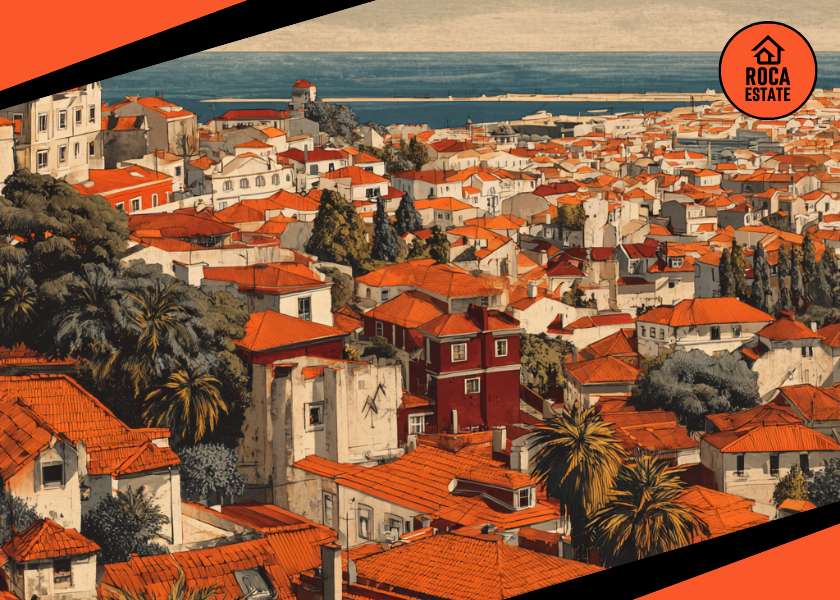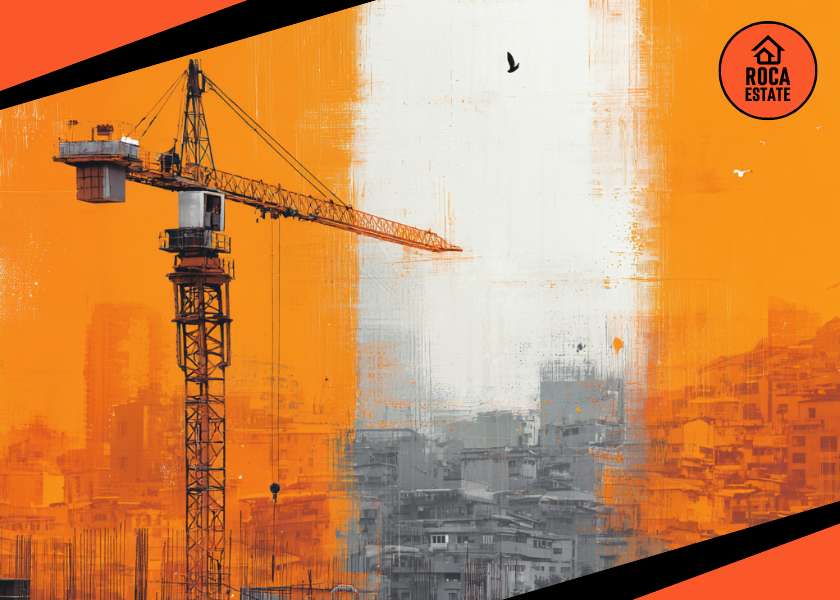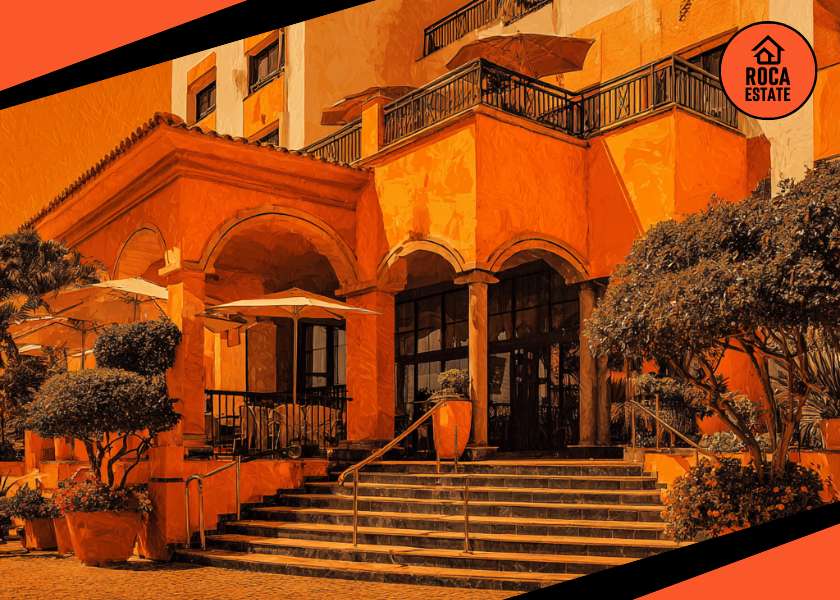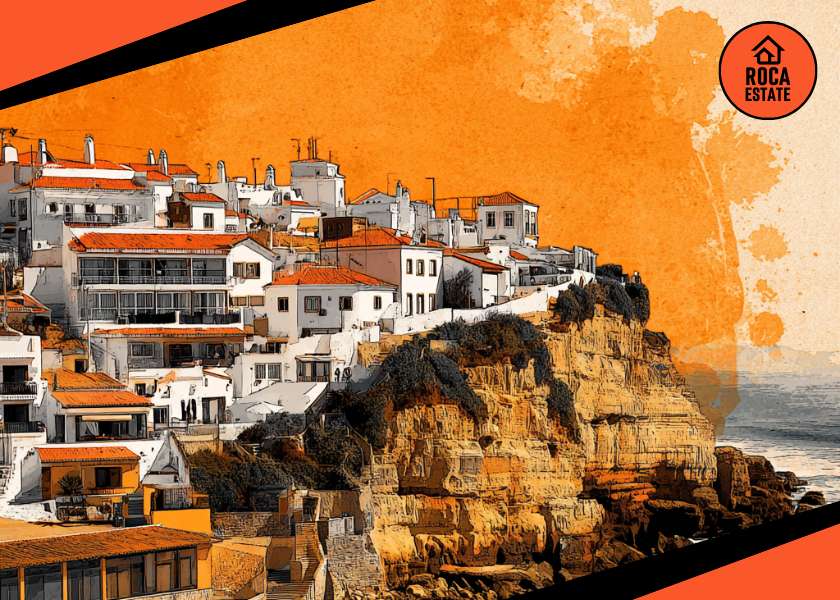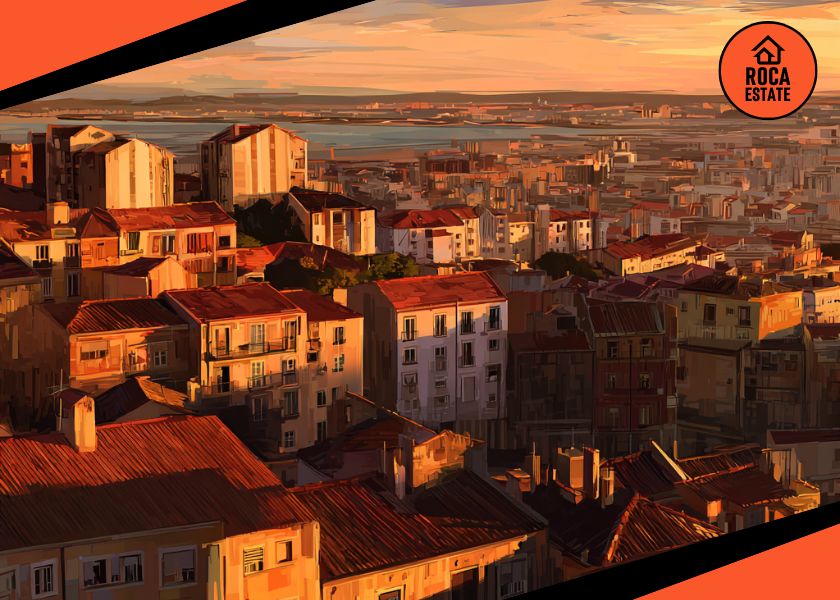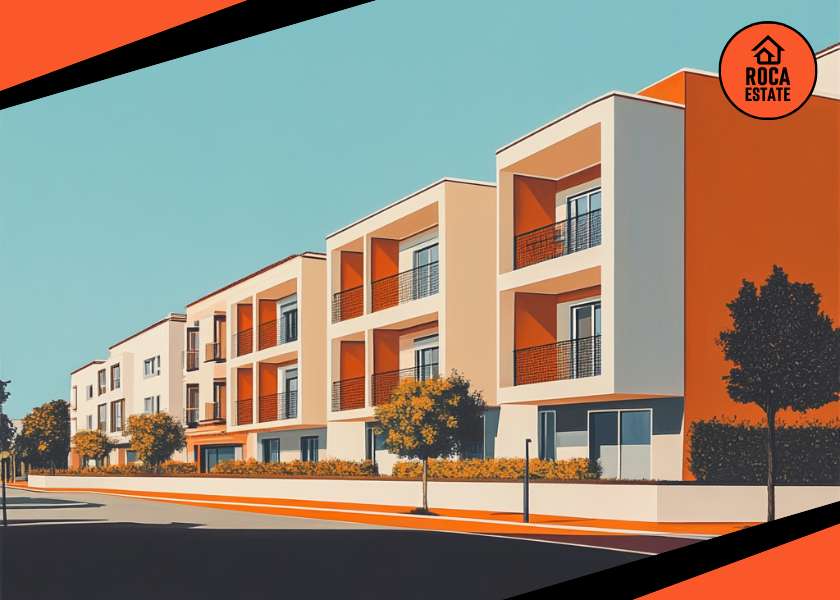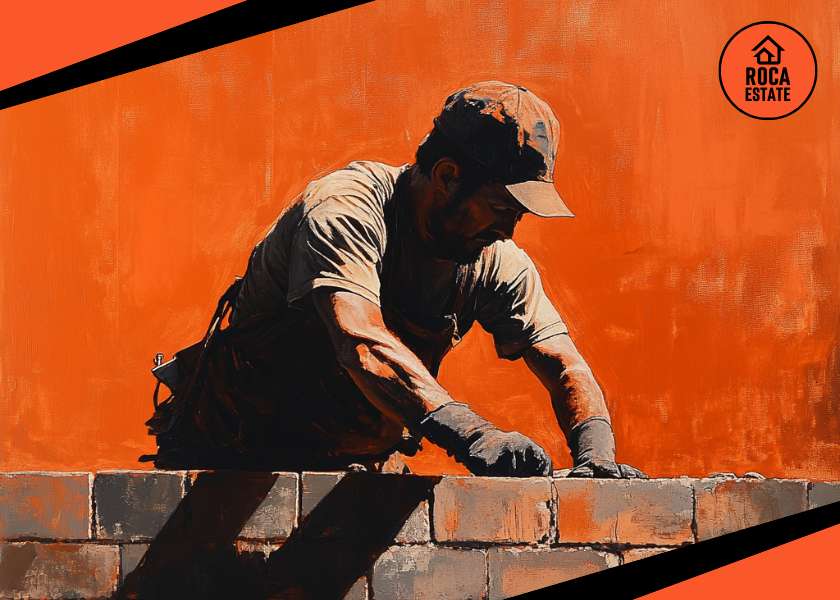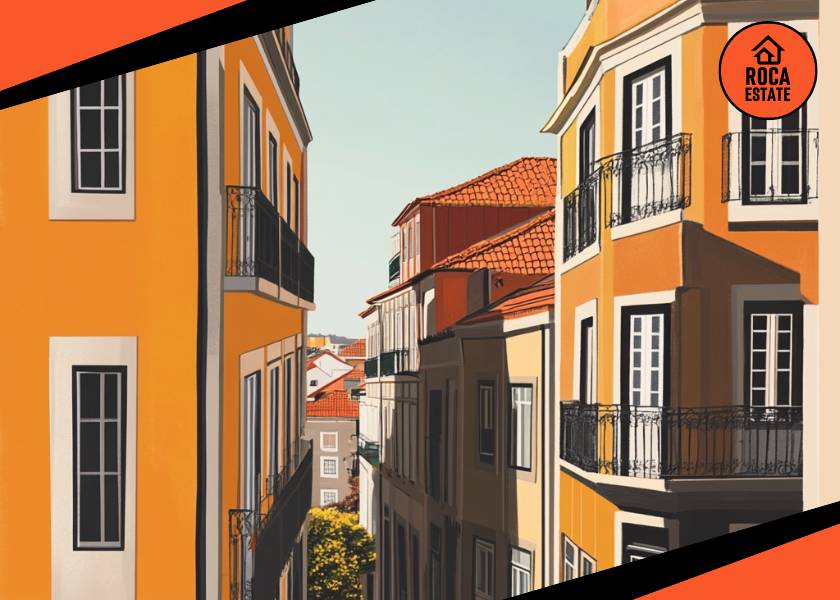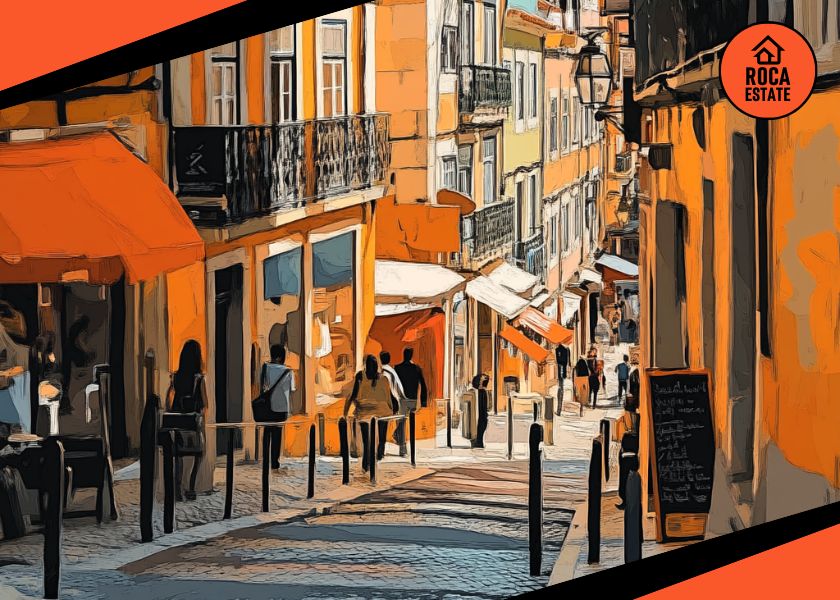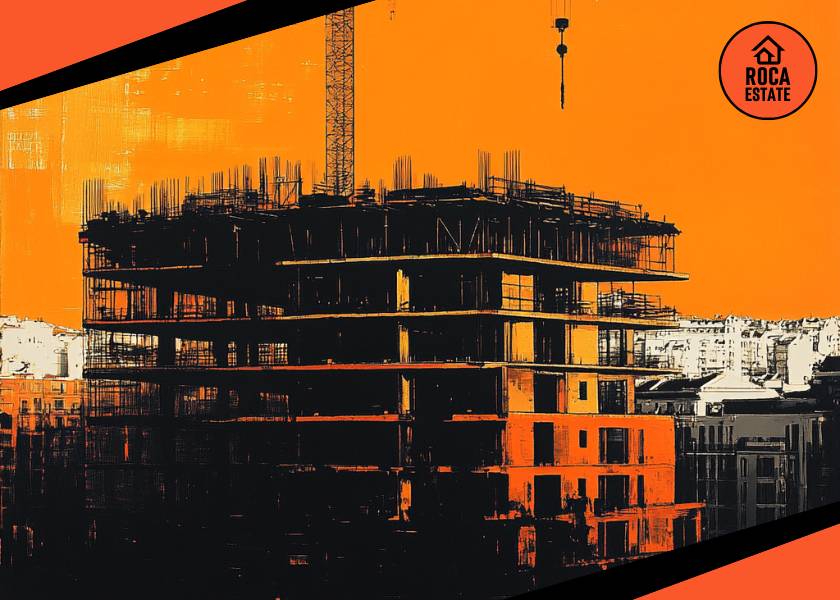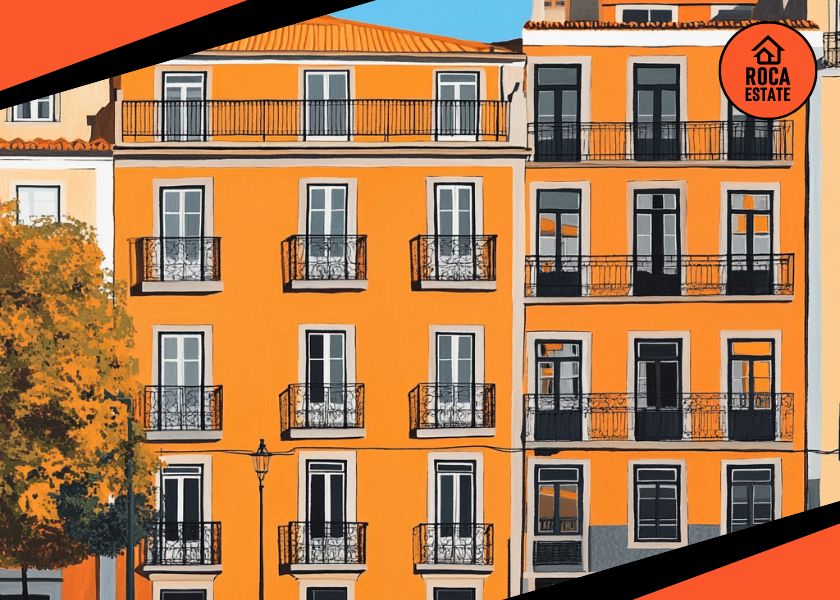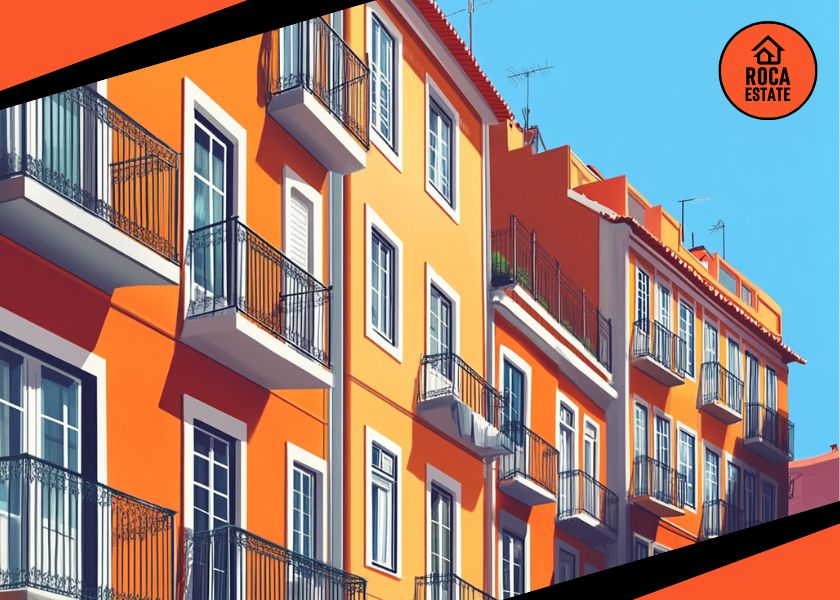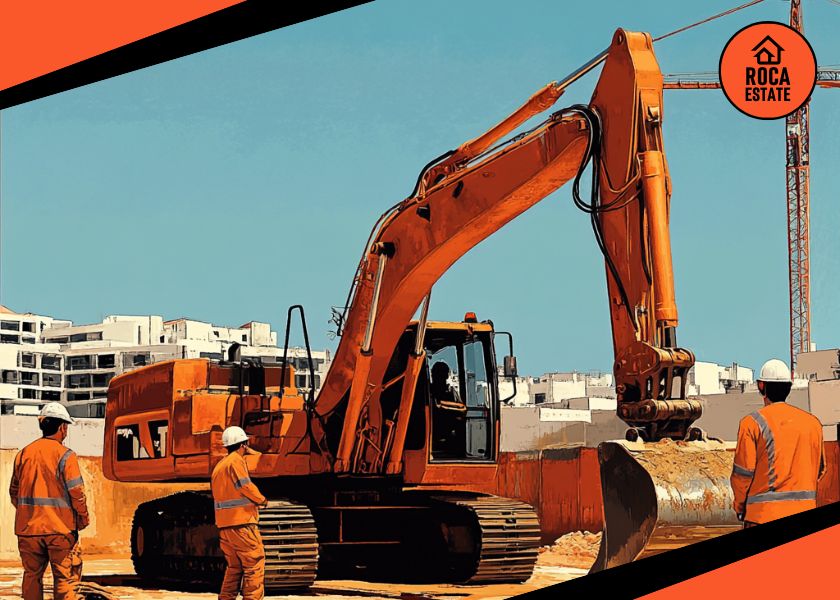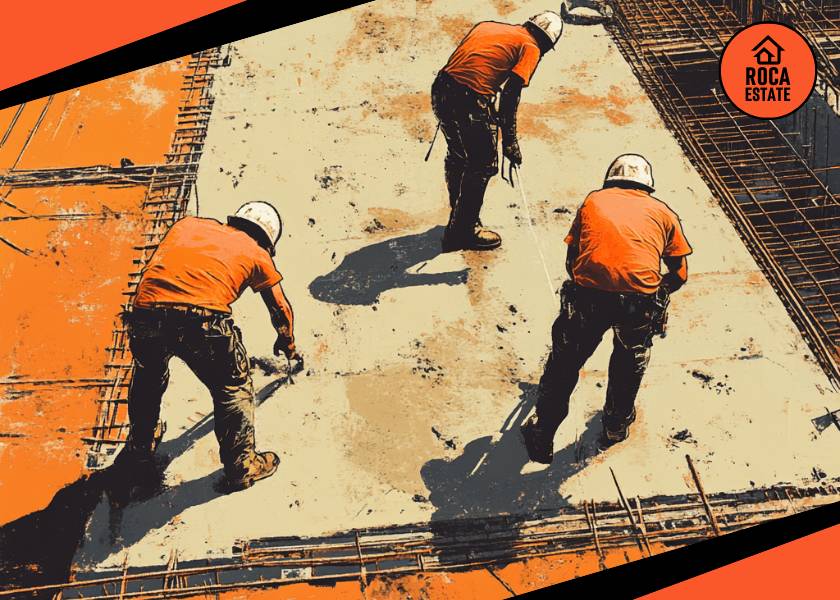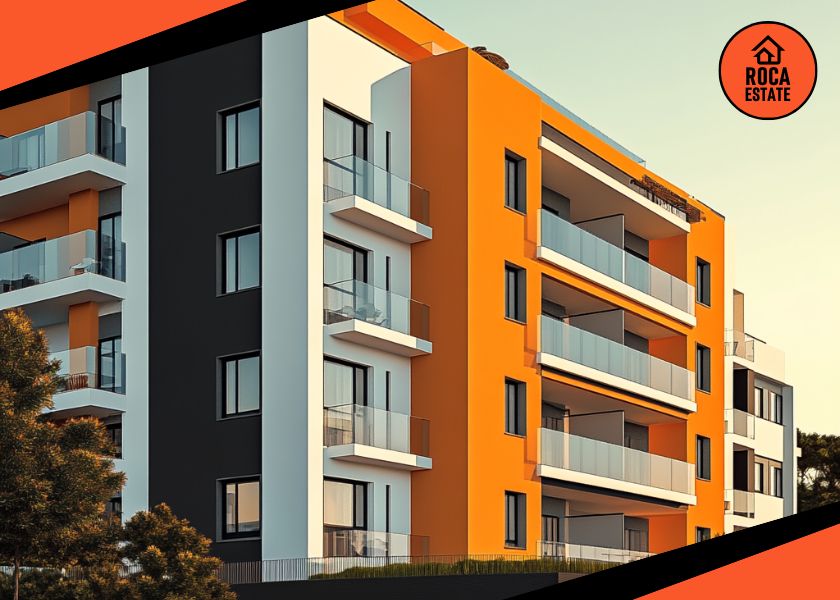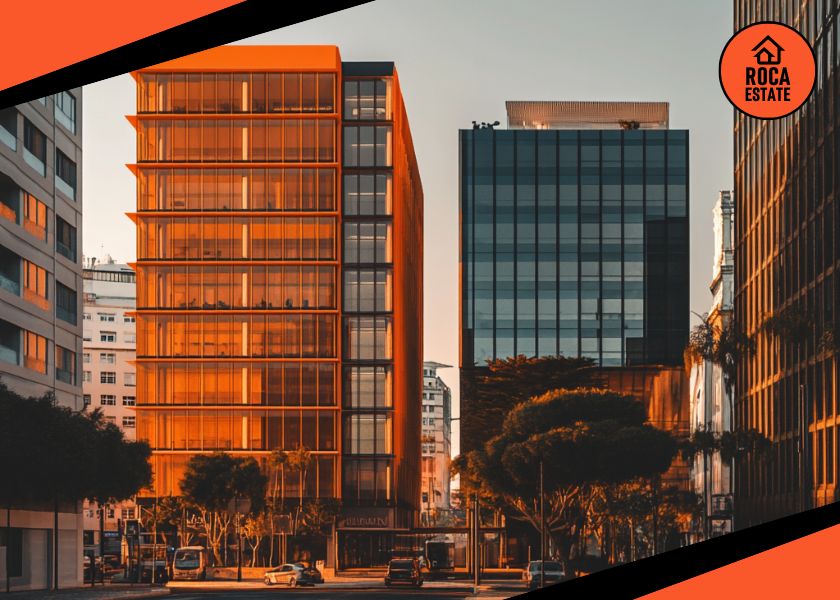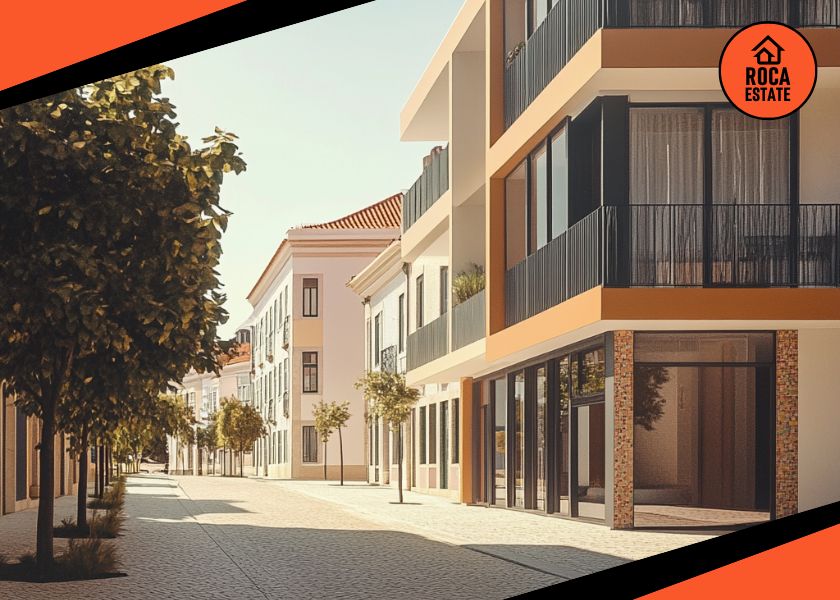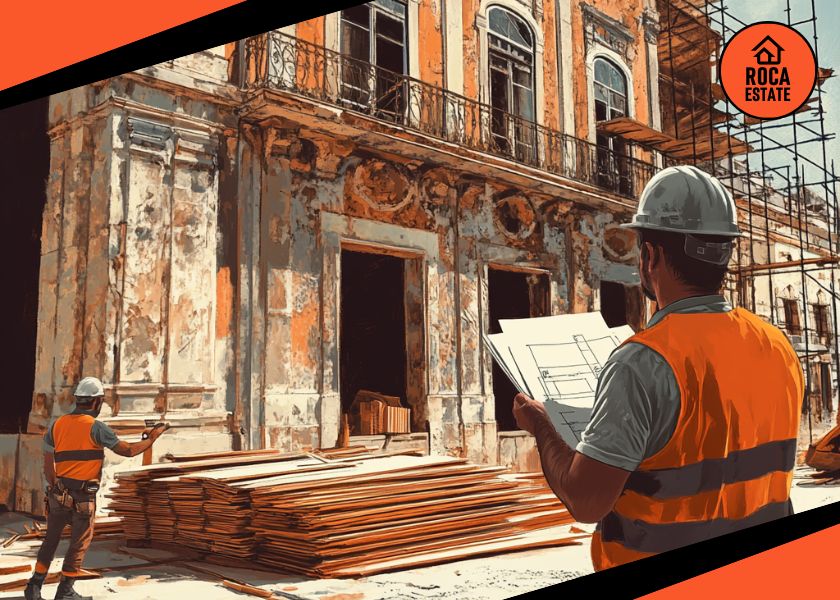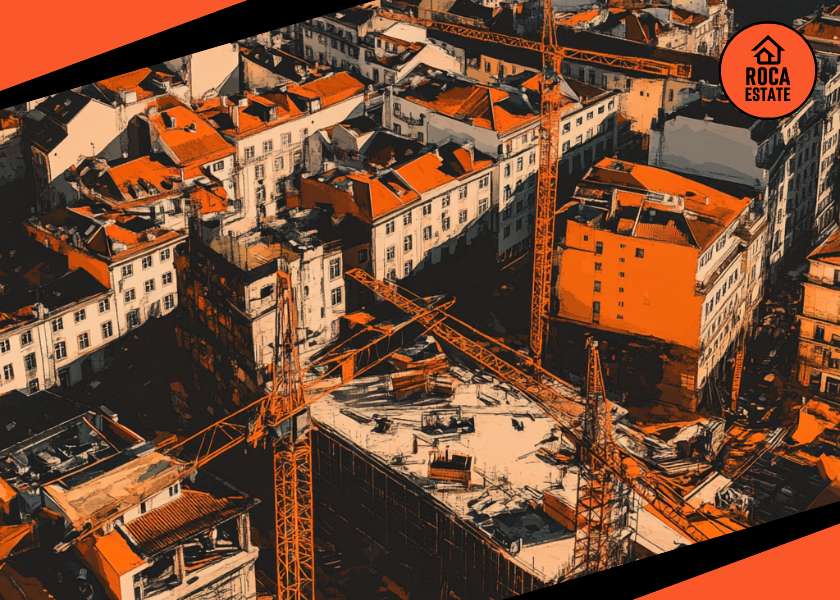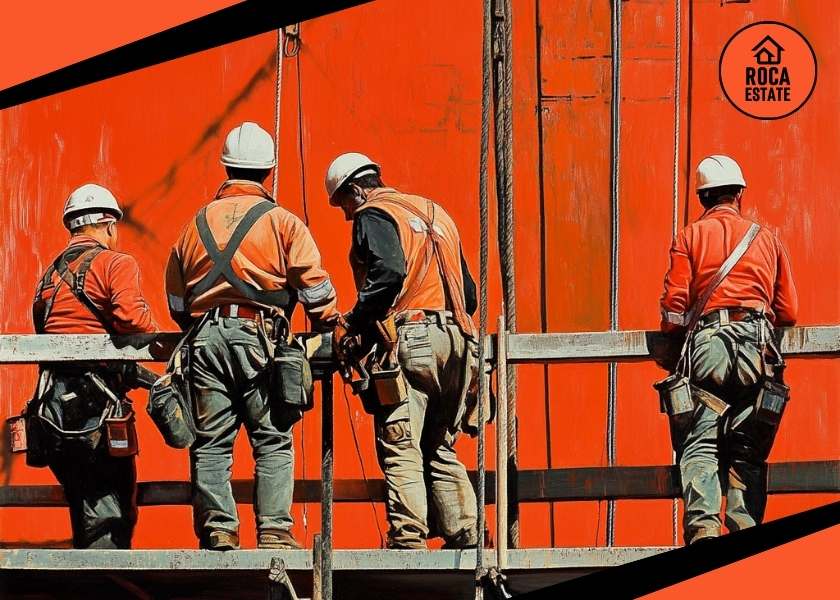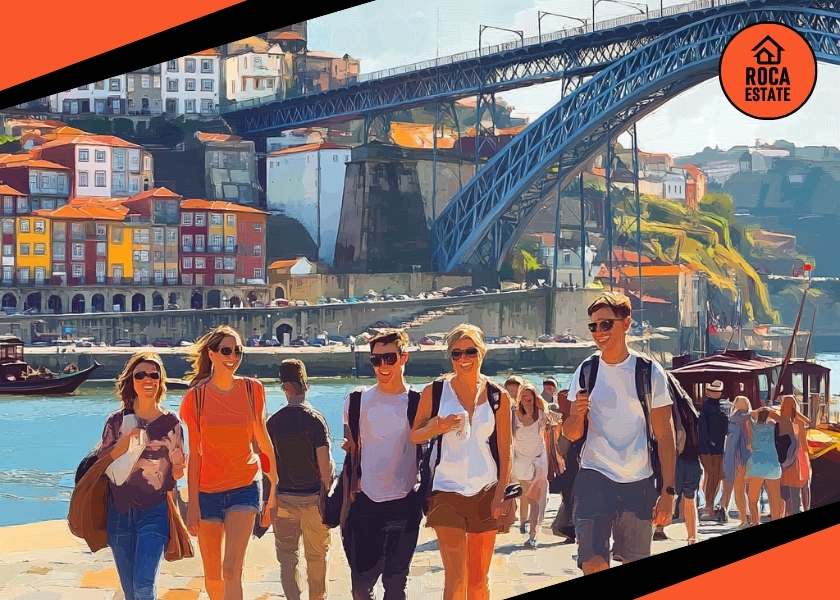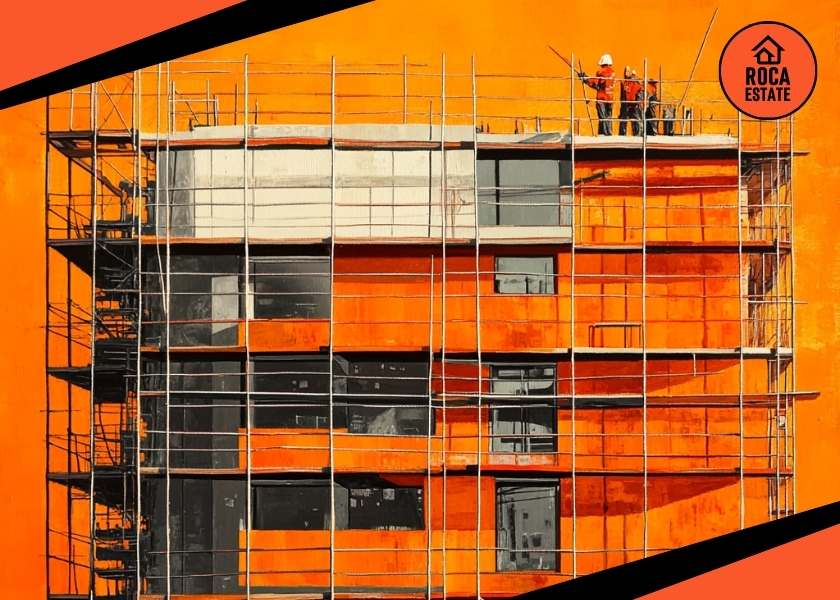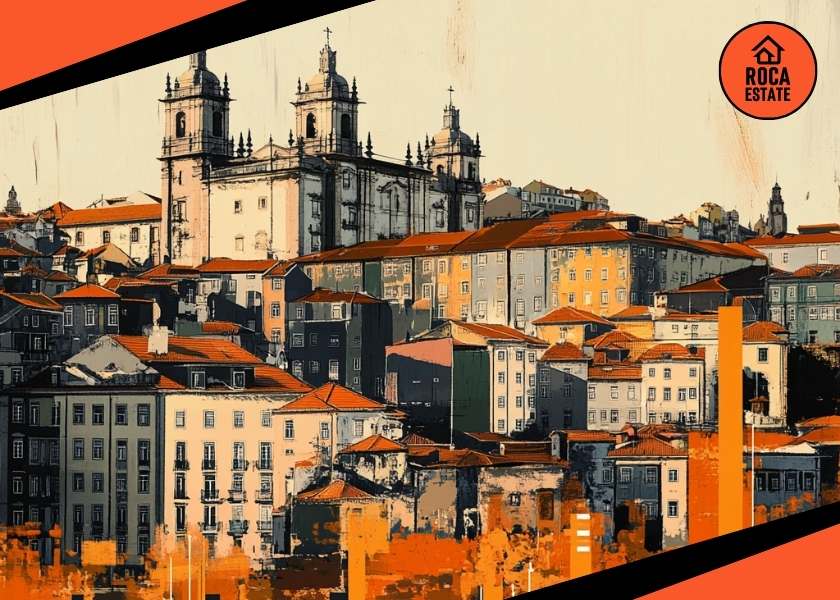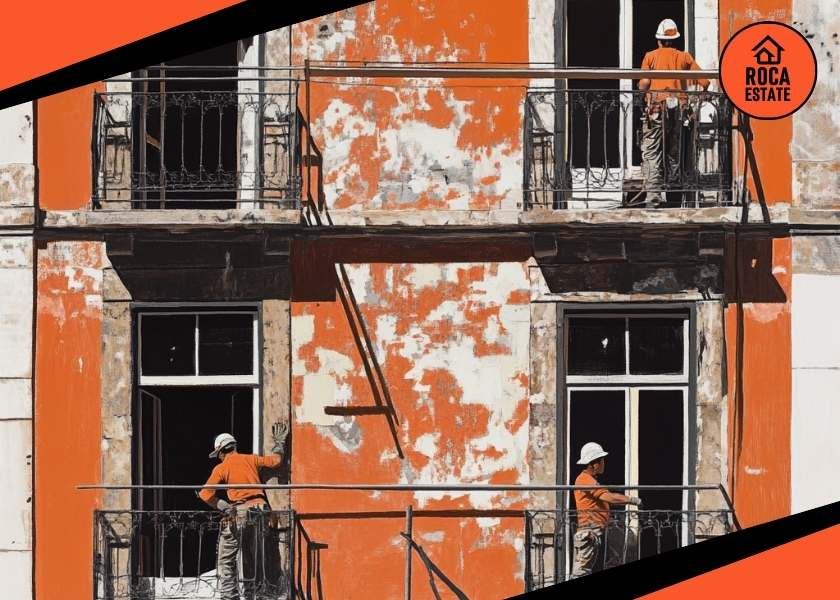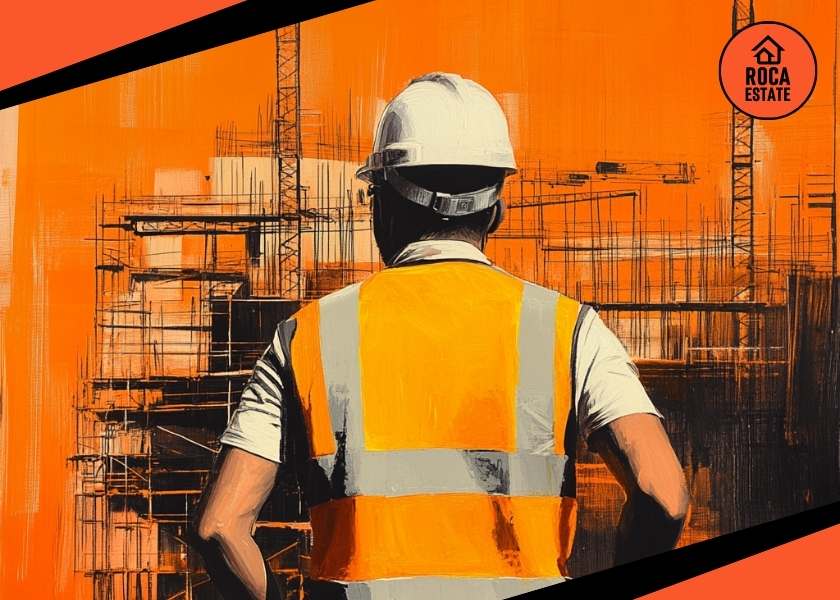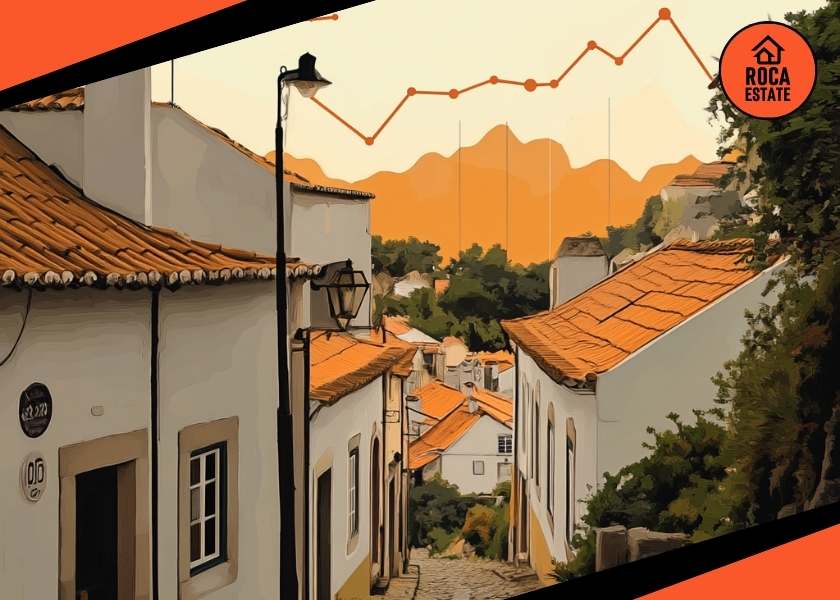Welcome to this article, where we delve into a topic of great importance for families considering a move to Portugal: the education system. Portugal, with its rich history, vibrant culture, and stunning landscapes, has become an increasingly popular destination for expatriates from around the world. Understanding the local education system is crucial for those relocating with children, as it plays a pivotal role in ensuring a smooth transition for your family.
In this guide, we aim to provide you with a clear and comprehensive overview of what you need to know about education in Portugal. From the structure of the school system to the quality of education, and from the nuances of enrolling your child in school to the opportunities available in higher education, we cover all the essential aspects. Whether you’re considering public or private schooling, or curious about the international schools available, this article is designed to equip you with the knowledge you need to make informed decisions for your family’s educational needs in Portugal.
Join us as we explore the educational landscape of this beautiful country, offering insights and practical advice to help you navigate this important aspect of your relocation journey.
Overview of the Portuguese Education System
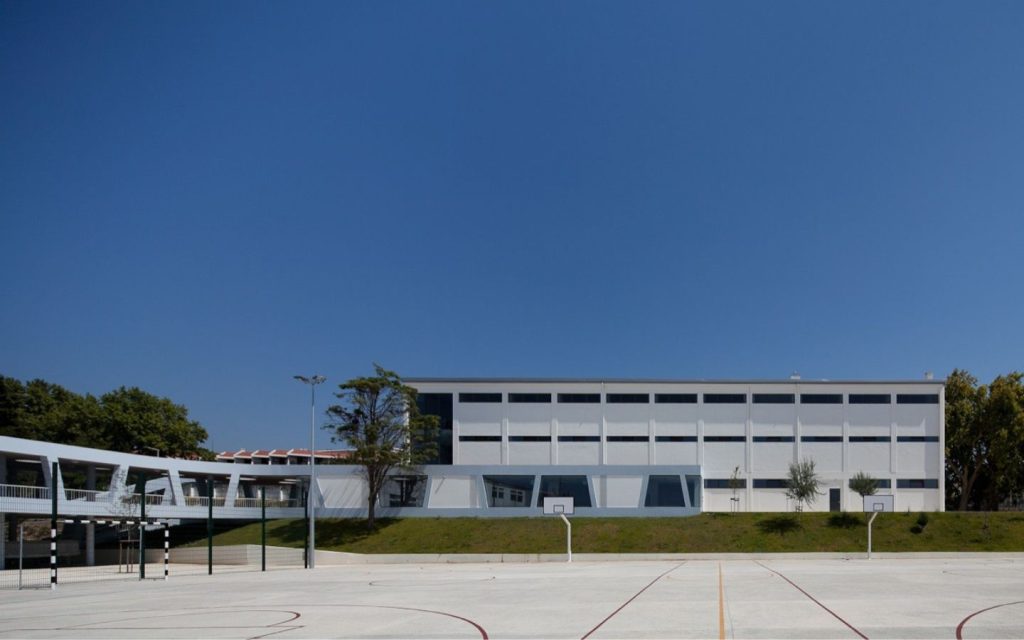
Portugal’s education system is a reflection of its commitment to fostering a learning environment that is both inclusive and comprehensive. Rooted in a rich educational tradition, the system is designed to cater to students of all ages and backgrounds, offering a range of options from public to private and international schools. This diversity ensures that whether you are a resident or an expatriate, there are educational pathways tailored to meet a variety of needs and aspirations.
The system is structured into several key stages, beginning with preschool and extending through to higher education. Each stage is carefully designed to build upon the previous one, ensuring a coherent and progressive educational journey. In Portugal, education is seen not just as a means to an end but as a continuous process of personal and intellectual development.
Early Childhood Education, or Educação Pré-Escolar, caters to children from 3 to 6 years and, while not mandatory, is a popular choice for families due to its focus on holistic development. Basic Education, or Ensino Básico, is compulsory and spans from ages 6 to 15, covering a broad curriculum that lays a strong foundation for future learning. Secondary Education, or Ensino Secundário, from 15 to 18 years, offers students the choice between general and vocational paths, preparing them for either higher education or entry into the professional world. Finally, Higher Education in Portugal is distinguished by its blend of traditional universities and more practice-oriented polytechnics, catering to a wide range of academic and professional interests.
The choice between public and private schooling largely depends on personal preferences and needs. Public schools in Portugal are free and provide a high standard of education, with a curriculum that promotes not only academic excellence but also the development of civic and social skills. Private schools, on the other hand, often offer smaller class sizes and a variety of extracurricular activities, with some providing international curricula and instruction in languages other than Portuguese.
The Portuguese education system, with its multifaceted approach, strives to equip students with the knowledge, skills, and values necessary to navigate and contribute to an increasingly complex world. Its commitment to fostering a learning environment that is both challenging and supportive makes it an attractive option for families seeking a well-rounded education for their children.
Quality and Standards of the Education System
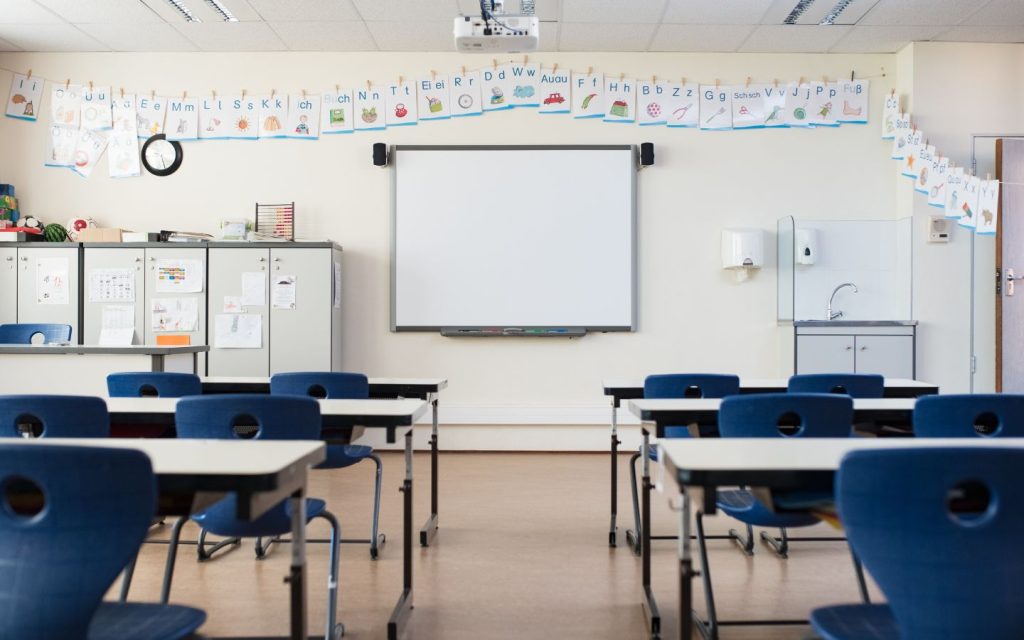
When relocating to a new country, the quality and standards of the education system are often a top concern for parents. Portugal’s education system has garnered increasing recognition for its quality and standards, reflecting the country’s dedication to academic excellence and student development. This commitment is evident in the continuous improvements and reforms implemented over the years, aimed at enhancing the educational experience and outcomes for all students. The system’s focus on quality education is not just about achieving high academic standards but also about nurturing critical thinking, creativity, and a lifelong love for learning. The quality and standards of education in Portugal are characterized by several key aspects.
Key Points on Quality and Standards:
- Continuous Improvement:
- Portugal has shown a steady improvement in international education rankings, such as PISA (Programme for International Student Assessment), particularly in areas like mathematics, science, and reading.
- Curriculum and Teaching Methods:
- The curriculum in Portuguese schools is comprehensive, ensuring a well-rounded education.
- There is an emphasis on not just academic learning but also on developing critical thinking and problem-solving skills.
- Teacher Qualifications:
- Teachers in Portugal are required to have a robust educational background, often including a master’s degree.
- Ongoing professional development is encouraged, ensuring that teaching methods stay current and effective.
- Inclusive Education:
- Portugal is committed to inclusive education, striving to provide equal learning opportunities for all students, including those with special educational needs.
- Technology Integration:
- There has been a significant investment in integrating technology into the classroom, preparing students for a digitally advanced world.
- Language Proficiency:
- With English being a compulsory subject from an early age, students generally emerge with a strong grasp of the language, an advantage in today’s globalized world.
- Assessment and Accountability:
- Regular assessments are conducted to ensure students meet educational standards.
- Schools are held accountable for student performance, driving continuous improvement in teaching and learning.
From an international perspective, many expatriate parents find that the education system in Portugal not only meets but often exceeds their expectations. The blend of traditional teaching methodologies with modern, innovative approaches provides a compressive learning environment. Furthermore, with English being a compulsory subject from an early age, students generally emerge with a strong grasp of the language, which is an advantage in today’s globalized world.
The Portuguese education system, with its focus on continuous improvement and holistic education, stands as a compelling option for expatriate families. It offers a blend of rigorous academic standards and a nurturing environment, preparing students to succeed in a rapidly evolving world. The opportunities it presents are vast, ranging from high-quality education and research possibilities to experience a unique lifestyle and culture.
International Schools and Language
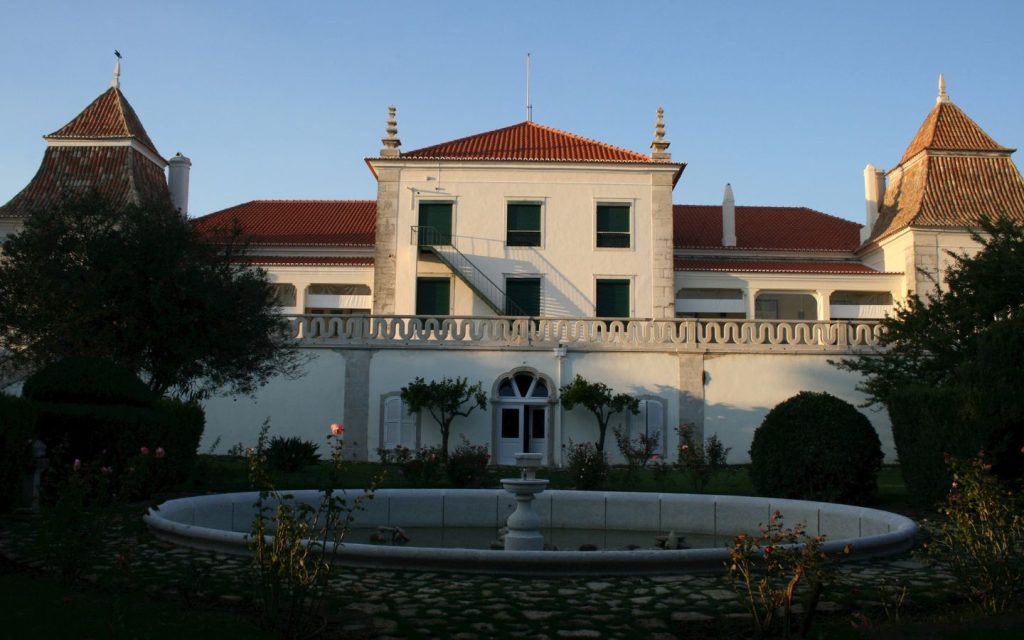
For families moving to Portugal, international schools often represent a preferred choice, especially for those seeking continuity in their children’s education or instruction in languages other than Portuguese. These schools offer diverse curricula, including British, American, and International Baccalaureate (IB) programs, and are located primarily in the Lisbon Metropolitan Area, Porto Metropolitan Area, and the Algarve.
Key Aspects of International Schools
Most international schools in Portugal teach in English, with options for additional language studies. They follow various international curricula, providing a global educational perspective. These schools host students from various nationalities, offering a multicultural environment for students. They are ideal for families who may not stay in Portugal long-term, ensuring continuity in education.
Below is a table summarizing some of the notable international schools in Portugal’s key regions:
| Region | School Name | Curriculum | Language of Instruction |
|---|---|---|---|
| Lisbon Metropolitan Area | St. Julian’s School | British/IB | English |
| International Preparatory School | British | English | |
| Carlucci American International School of Lisbon | American/IB | English | |
| Lisbon Montessori School | Montessori/IB | English | |
| Park International School | IB | English | |
| British School of Lisbon | British | English | |
| Porto Metropolitan Area | Oporto British School | British | English |
| CLIP – The Oporto International School | IB | English | |
| Porto International School | IB | English | |
| French School of Porto | French | French/English | |
| Deutsche Schule zu Porto | German | German/Portuguese | |
| Colégio Luso-Internacional do Porto | Portuguese/IB | Portuguese/English | |
| Algarve | Nobel International School Algarve | British/IB | English |
| International School Algarve | British | English | |
| Vale Verde International School | British | English | |
| Aljezur International School | British | English | |
| Vilamoura International School | Portuguese/IB | Portuguese/English | |
| Eupheus International School | British | English |
Language integration is a key aspect of international schools in Portugal. While the primary medium of instruction is English, these schools also offer Portuguese language classes, encouraging students to communicate effectively and understand the local culture. This dual focus ensures that students not only maintain their academic trajectory but also gain valuable language skills and cultural understanding. The opportunity to learn Portuguese alongside an international curriculum allows students to integrate more seamlessly into the local community, enhancing their overall experience in Portugal.
Admission Process and Requirements

Navigating the admission process for schools in Portugal can seem daunting at first, but understanding the key steps and requirements can make it a smooth experience. Whether you are considering a public school, a private institution, or an international school, each has its own set of procedures and criteria. Here’s a general guide to help you through the process:
1. Research and Selection:
- Start Early: Begin researching schools as soon as you consider moving to Portugal. This gives you ample time to understand the options and make an informed decision.
- Identify Schools: Based on your location, language preference, and curriculum, shortlist schools that meet your family’s needs.
2. Understanding the Requirements:
- Age and Grade Placement: Schools will have specific age requirements for each grade level. Ensure your child meets the age criteria for the intended grade.
- Documentation: Typically, you will need to provide:
- Child’s birth certificate or passport.
- Previous school records and/or transcripts.
- Immunization records.
- Proof of residence in Portugal (for public schools).
3. Application Process:
- Contact Schools: Reach out to the schools for their specific application forms and additional requirements.
- Submit Applications: Complete and submit applications, ideally to multiple schools to increase your chances of securing a spot.
4. Entrance Assessments/Interviews:
- Assessment Tests: Some schools may require entrance exams, particularly private and international schools, to assess academic level.
- Interviews: Interviews with the student and parents are common, allowing the school to understand the student’s needs and educational background.
5. Acceptance and Enrollment:
- Acceptance Notification: Schools will notify you of your child’s acceptance. This may take several weeks or months, depending on the school.
- Enrollment: Once accepted, complete any final enrollment procedures, such as submitting additional documents and paying the required fees.
6. Preparing for the School Year:
- Uniforms and Supplies: Purchase any required uniforms and school supplies.
- Orientation Sessions: Attend orientation sessions to familiarize yourself and your child with the school environment.
Tips for a Smooth Admission Process:
- Plan Ahead: Delays can happen, so start the process as early as possible.
- Keep Copies: Have copies of all submitted documents for your records.
- Follow-Up: Regularly follow up with the schools to check on the status of your application.
Remember, each school may have its unique set of requirements and processes. It’s advisable to visit the school’s website or contact the administration directly for the most accurate and detailed information. By staying organized and proactive, you can navigate the admission process in Portugal with confidence and ease.
Cultural Integration and Extracurricular Activities

Adapting to a new country and its culture is a significant aspect of any relocation, especially for children. Schools in Portugal, recognizing this, place a strong emphasis on cultural integration. This focus is not limited to the curriculum but extends to various aspects of school life, including a wide range of extracurricular activities. These activities are not just about keeping students engaged after school hours; they are pivotal in helping them adapt to their new environment, develop new skills, and form social connections.
The role of extracurricular activities in fostering cultural integration is substantial. Sports like football, basketball, swimming, and athletics offer students a way to engage in team spirit and healthy competition, while arts and music programs such as painting, drama, choir, and dance classes provide creative outlets. Clubs and societies, including science clubs, debate teams, environmental clubs, and chess clubs, encourage intellectual engagement and social interaction. Community service and volunteering, through local projects and charity fundraisers, instill a sense of responsibility and connection to the community. Additionally, technology and innovation-focused activities like robotics clubs and coding workshops prepare students for the digital future.
Language learning is another critical aspect of cultural integration in Portuguese schools. While most international schools teach in English, they also offer Portuguese language classes. This not only aids in daily communication but also deepens students’ understanding of the local culture. Participating in cultural events and festivals allows students to learn about and celebrate various cultures, including Portuguese traditions. Some schools also offer exchange programs with local schools, providing an immersive experience in the local education and culture.
Higher Education and Opportunities
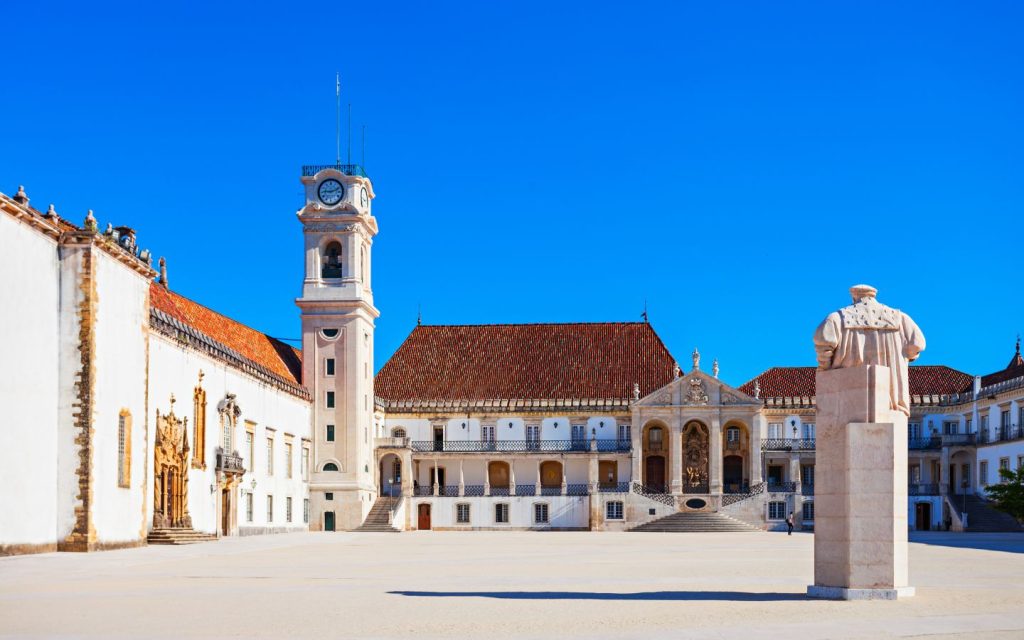
Portugal’s commitment to education extends into its higher education system, which is both diverse and rich in opportunities. For students completing their secondary education in Portugal, the transition to higher education is an exciting step that opens up a world of possibilities.
Portuguese universities and polytechnics are renowned for their quality education, offering a wide range of courses in various fields. Universities tend to be research-oriented, providing a theoretical approach to education, ideal for students aiming for academic or research careers. Polytechnics, on the other hand, offer more practical and profession-oriented programs, which are perfect for students looking to enter the job market directly after graduation.
The country is home to some of the oldest and most prestigious universities in Europe, such as the University of Coimbra, which dates back to the 13th century. These institutions attract a significant number of international students every year, adding to the diverse and multicultural environment. Courses are offered in both Portuguese and English, with the latter being particularly prevalent at the master’s and doctoral levels.
Portugal also presents various scholarship opportunities for international students, making higher education more accessible. These scholarships are often based on academic merit or specific research interests and can significantly reduce the financial burden of studying abroad.
The vibrant student life in Portugal is another aspect that makes studying here an enriching experience. The country’s rich history, combined with its contemporary culture, provides a unique backdrop for personal and academic growth. Students can immerse themselves in Portugal’s rich cultural heritage, enjoy its beautiful landscapes, and experience its warm and welcoming community.
Moreover, Portugal’s strategic location in Europe makes it an excellent base for students interested in exploring other European countries. The Erasmus program is particularly popular among students, offering opportunities to study in different European universities for short periods.
Higher education in Portugal offers a wide range of opportunities: in addition to high-quality education and research, it also allows you to experience Portugal’s unique lifestyle and culture. For students completing their higher education in Portugal, the transition can be a seamless and rewarding journey.
Practical Tips for Parents
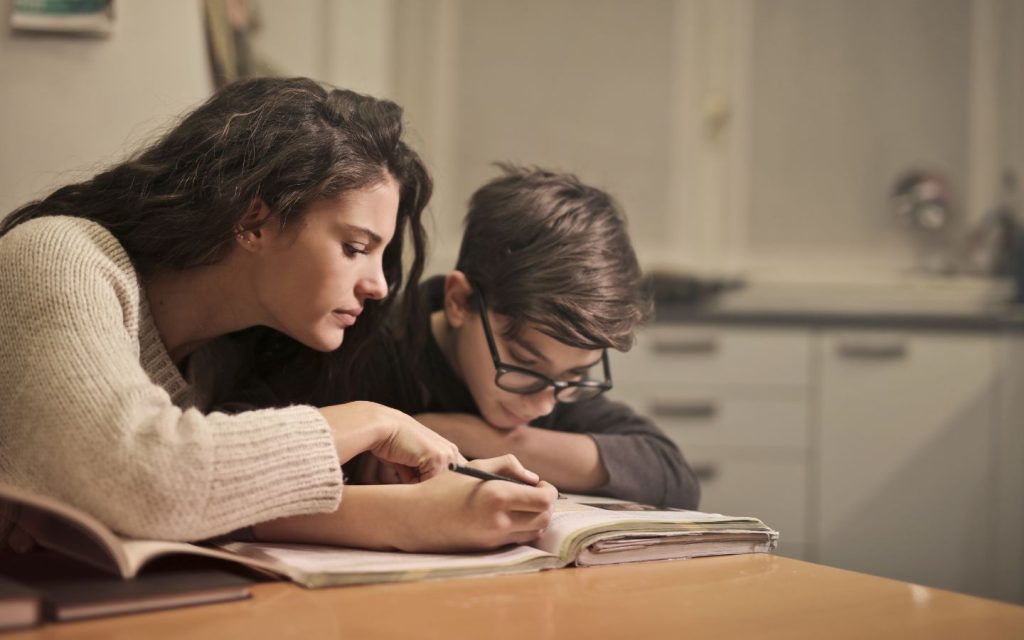
Moving to a new country and adapting to a different education system can be a challenging experience for any family. As parents, playing an active role in this transition is crucial for the well-being and success of your children. Here are some practical tips to help you navigate this journey:
Stay Informed and Involved:
- Understand the System: Take the time to learn about the Portuguese education system. This knowledge will help you make informed decisions and set realistic expectations.
- Communicate with the School: Regular communication with your child’s school is vital. Attend parent-teacher meetings, and don’t hesitate to ask questions or express concerns.
Support Your Child’s Learning:
- Encourage Language Learning: If Portuguese is not your first language, encourage your child to learn it. This will not only help in school but also in everyday life in Portugal.
- Create a Study-Friendly Environment: Set up a quiet and comfortable space for homework and study. A consistent routine can also help your child stay organized and focused.
Foster Social Connections:
- Encourage Extracurricular Activities: Get your child involved in sports, clubs, or arts programs. These activities are great for making friends and building confidence.
- Connect with Other Families: Building a network with other parents can provide social support and valuable information sharing.
Be Mindful of Cultural Differences:
- Embrace the Local Culture: Encourage your family to explore and embrace Portuguese culture. Participating in local events and traditions can be a fun and educational experience.
- Teach Adaptability: Help your children understand and respect cultural differences. This will aid their integration and personal growth.
Take Care of Legal and Administrative Tasks:
- Stay on Top of Documentation: Ensure all necessary documents for school registration and residency are in order. Keeping copies of all important documents is also a good practice.
- Understand Your Rights and Obligations: Familiarize yourself with the legal aspects of schooling in Portugal, including your rights as parents and your children’s rights as students.
Look After Your Family’s Well-being:
- Monitor Your Child’s Progress and Well-being: Regularly check in with your child about their school experience. Pay attention to their academic progress as well as their emotional state.
- Seek Help When Needed: If you or your child is struggling with the transition, don’t hesitate to seek help from school counselors, teachers, or professional services.
Remember, moving to a new educational environment is a significant change for a child. Your support, understanding, and involvement are key to helping them navigate this transition successfully. With the right approach and mindset, this experience can be an enriching and positive journey for your entire family.
Conclusion
In conclusion, Portugal offers a diverse and enriching educational landscape that can provide excellent opportunities for families relocating from abroad. From its well-structured public and private schools to its prestigious international institutions, the country caters to a wide range of educational needs and preferences. The quality of education, combined with the focus on cultural integration and the availability of a variety of extracurricular activities, ensures that children can receive a holistic and comprehensive learning experience.

For parents, navigating this new system may come with its challenges, but with the right information and approach, the transition can be a smooth and rewarding journey. Embracing the local culture, staying involved in your child’s education, and fostering social connections are key elements that contribute to the successful integration of your family into the Portuguese way of life.
As you embark on this exciting new chapter, remember that the choices you make regarding your child’s education are pivotal. Portugal’s educational system is designed to not only impart knowledge but also to cultivate skills and values that will serve your children well throughout their lives.
If you are considering moving to Portugal and are looking for the perfect home for your family, Roca Estate is here to assist you. Our expertise in luxury real estate, combined with our deep understanding of the local landscape, makes us uniquely positioned to help you find a property that meets all your needs. Contact us at Roca Estate, and let us guide you in finding your ideal home in this beautiful country. Your journey to a new life in Portugal, filled with exceptional educational opportunities, starts with us.
If you’re considering relocating for your child’s education, exploring investment opportunities in Portugal can help you build long-term stability. Learn more about the country’s dynamic economy and real estate potential on our main page dedicated to real estate investment in Portugal.

